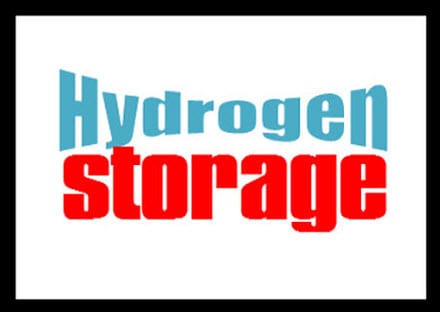
Benefits of electric vehicles touted in Europe
March 6, 2013European project highlights the benefits of electric vehicles
Electric vehicles have been losing the favor of the auto industry due to lackluster sales over the past several years. Consumers have shown mild interest in these vehicles, though they are often discouraged to purchase electric vehicles because of concerns regarding efficiency and the lack of a comprehensive infrastructure. A new project in Europe is seeking to address the concerns that consumers have by showing off the capabilities of electric vehicles, highlighting the cross-border infrastructure that exists in Europe as well as the affordability of owning electric vehicles.
RheinMobil Showcase demonstrates infrastructure and costs of owning clean vehicles
The project is called the RheinMobil Showcase, and aims to demonstrate the comprehensive infrastructure that exists between many European countries. Countries like Germany and France have been investing heavily in the installation of charging stations that can be used to power electric vehicles. These charging stations are necessary in order for people to keep their electric vehicles powered while traveling.
Electric vehicles considered more affordable in the long-term
RheinMobil is not only focused on the issue of infrastructure, it also aims to highlight the affordability of owning an electric vehicle. Electric vehicles have been unpopular with consumers because of their high upfront cost. Most of these vehicles are powered by lithium-ion batteries, which are still excessively expensive. The drive train of these vehicles, however, is much more efficient than conventional cars and require less maintenance and consumer less energy. Therefore, the project suggests that owning electric vehicles is more affordable over a three-year period than owning a conventional vehicle is over the same time frame.
Auto industry continues to embrace hydrogen fuel
The auto industry has taken a new approach on electric vehicles, favoring hydrogen fuel cells over lithium-ion batteries. The few automakers that continue to produce battery-electrics, such as Nissan and Chevrolet, have begun to move away from producing these vehicles in favor of hydrogen fuel or improving the efficiency of traditional vehicles. Consumers have yet to be wholly won over by the prospects of clean transportation, however, so continue to favor vehicles that operate on fossil-fuels.



 With over 15 years of reporting hydrogen news, we are your premier source for the latest updates and insights in hydrogen and renewable energy.
With over 15 years of reporting hydrogen news, we are your premier source for the latest updates and insights in hydrogen and renewable energy.